Why Overwatch and CS:GO pros are switching to Valorant
Professional players are leaving established esports spheres for a game that won't officially launch until June 2.
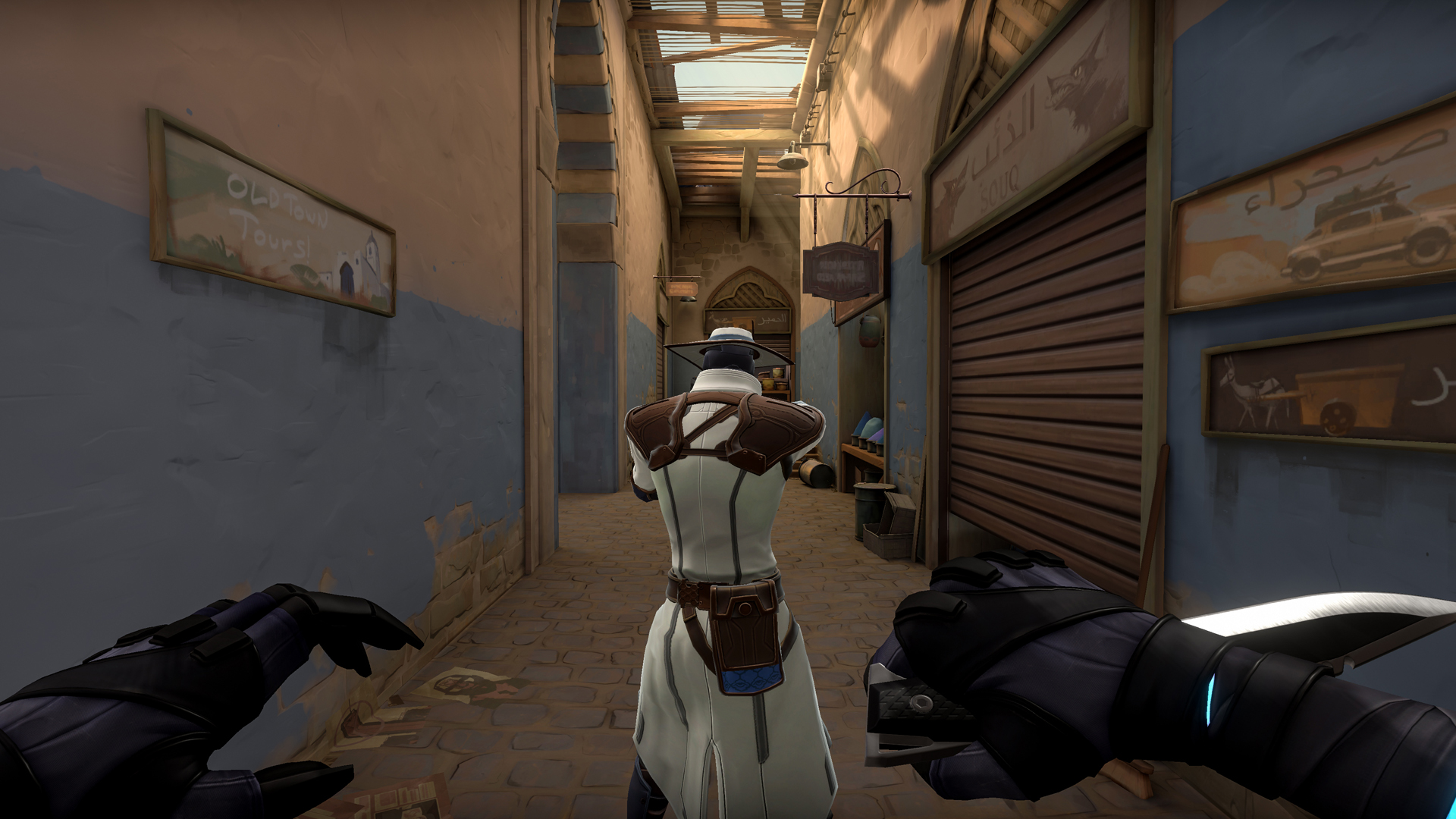
Valorant managed to win over a large portion of the gaming community before its closed beta even launched. The infectious hype that continues to surround the game is impressive, if not somewhat expected. Valorant's resemblance with popular shooters like CS:GO and Overwatch make it appealing to try, while its differences afford it the room to exist as a competitor. Riot Games' recent dip into the digital CCG genre has demonstrated that not all its ventures are smash hits, even if you happened to create a game as successful as League of Legends. So far, though, Valorant looks to be on track to live up to its potential, and it's just getting started.
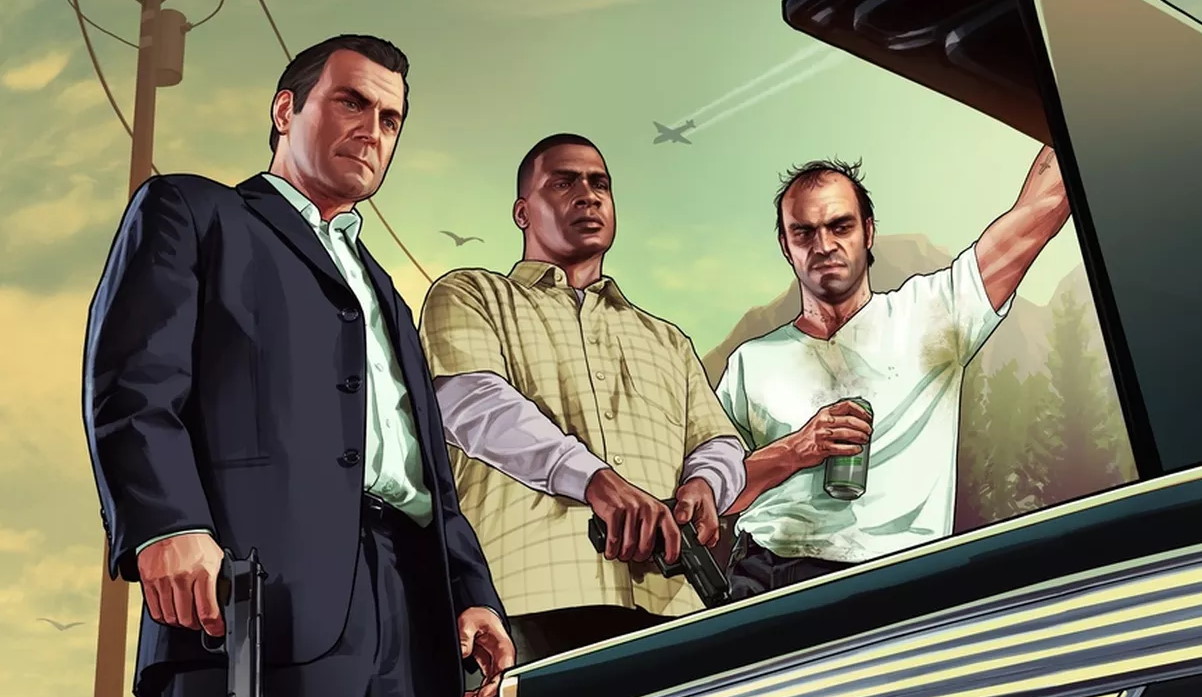
Best PC games: All-time favorites
Best free PC games: Freebie fest
Sims 4 cheats: Life hacks
GTA 5 cheats: Phone it in
GTA 6: Grand theft next
2021 games: This year's launches
Riot's marketing strategy has undoubtedly helped to fuel the fire. Valorant's presence on Twitch has been near impossible to avoid, thanks to its beta key drop integration. Viewer counts soared for the most popular Twitch streamers as they pivoted to Valorant and enabled key drops on their channels. These codes—distributed to viewers at random—felt like gold dust in the opening weeks, with Valorant accounts selling for as much as $150 on eBay at the height of the hype. Despite cooling off over time, this exclusivity has hooked thousands of people, with Valorant continuing to maintain its top-ten spot on Twitch's browse page. Streaming Valorant appears to be a lucrative move for streamers with sizable audiences. It's popularity has even started to disrupt the esports scenes in other games.
Over the past couple of months, a selection of professional CS:GO and Overwatch players have announced their departure from their respective leagues. Of course, it's easy to understand why players may want to temporarily switch to streaming Valorant, for all the reasons stated above. It also helps that Valorants's mechanics feel very familiar to CS:GO and Overwatch players. Many of the skills these pros spend hours sharpening every day are transferable to the new free-to-play behemoth. Talented professional players with a proven record elsewhere are therefore promising candidates for Valorant's emerging esports ecosystem.
There's a huge difference between casually dipping into the next big thing, and retiring from the game that you've built your career on, though. This is where the situation becomes more complicated. It's so early in Valorant's life that its esports plans are still largely under wraps. The senior director of global esports at Riot Games, Whalen 'Magus' Rozelle, recently outlined Valorant's esports and community competition aspirations. He mentioned that Riot's "primary focus early on will be forming partnerships with players, content creators, tournament organizers, and developers". The details of Valorant's Community Competition Guidelines have been released, but Valorant's esports ecosystem is still very much in the development stage.
Despite the fact that Valorant won't officially launch until June 2, a flurry of professional players have left their CS:GO and Overwatch roots to dedicate their time to it. Both games already have established esports supported by their developers. CS:GO hosts three Major Championships a year with frequent smaller tournaments filling in the gaps. Overwatch has the Overwatch League (OWL) shared by 20 city-based teams. There's money to be made if you're a talented player, so why leave the security of an established esport to pursue another that's in its infancy? Individual players have highlighted different reasons for their departures, but there appears to be an overarching feeling in each community.
Moving on from OWL
There's a lot of confusion surrounding the current health of Overwatch. It's community is acutely aware of its diminishing player count and long queue times for matches. The introduction of hero pools has also led to frustration in the Overwatch League as Blizzard attempts to shake up the meta more regularly. There are also concerns about Overwatch's long term health. Overwatch League viewership has been noticeably lower since OWL's exclusivity deal with YouTube. Compared to February 2019, where Activision Blizzard landed a deal to broadcast OWL on ESPN and Disney XD, things aren't looking quite as rosey in 2020.
Straight up just lost passion for the game.
Jay 'Sinatraa' Won
The most recent blow to OWL is the loss of one of its top players to Valorant. Last year's Overwatch League MVP and World Cup champion, Jay 'Sinatraa' Won, officially announced his retirement from Overwatch at the end of April. He has already signed with a team called Sentinels to compete in Valorant esports events. In a TwitLonger post, Won stated that he had "straight up just lost passion for the game", and he wasn't enjoying scrims and ranked matches anymore. In an interview with ESPN Esports, he stated that he "wanted to do something I enjoy. Something new, fresh, exciting for me. Something I really wanted to do so I just took the leap".
Keep up to date with the most important stories and the best deals, as picked by the PC Gamer team.
Another ex-OWL player touched on similar sentiments in his 'Taking a break from Overwatch' post. Former flex DPS for Paris Eternal, George 'ShaDowBurn' Gushcha, noted that he hasn't been playing Overwatch as often. "I stopped enjoying the game at some point," he wrote. He went on to say that he's "not saying goodbye to Overwatch" and could return one day. This current lack of enthusiasm for the game is shared by a noticeable portion of Overwatch's community, and to see the same issue amplified by players competing at the highest level is worrying for OWL.
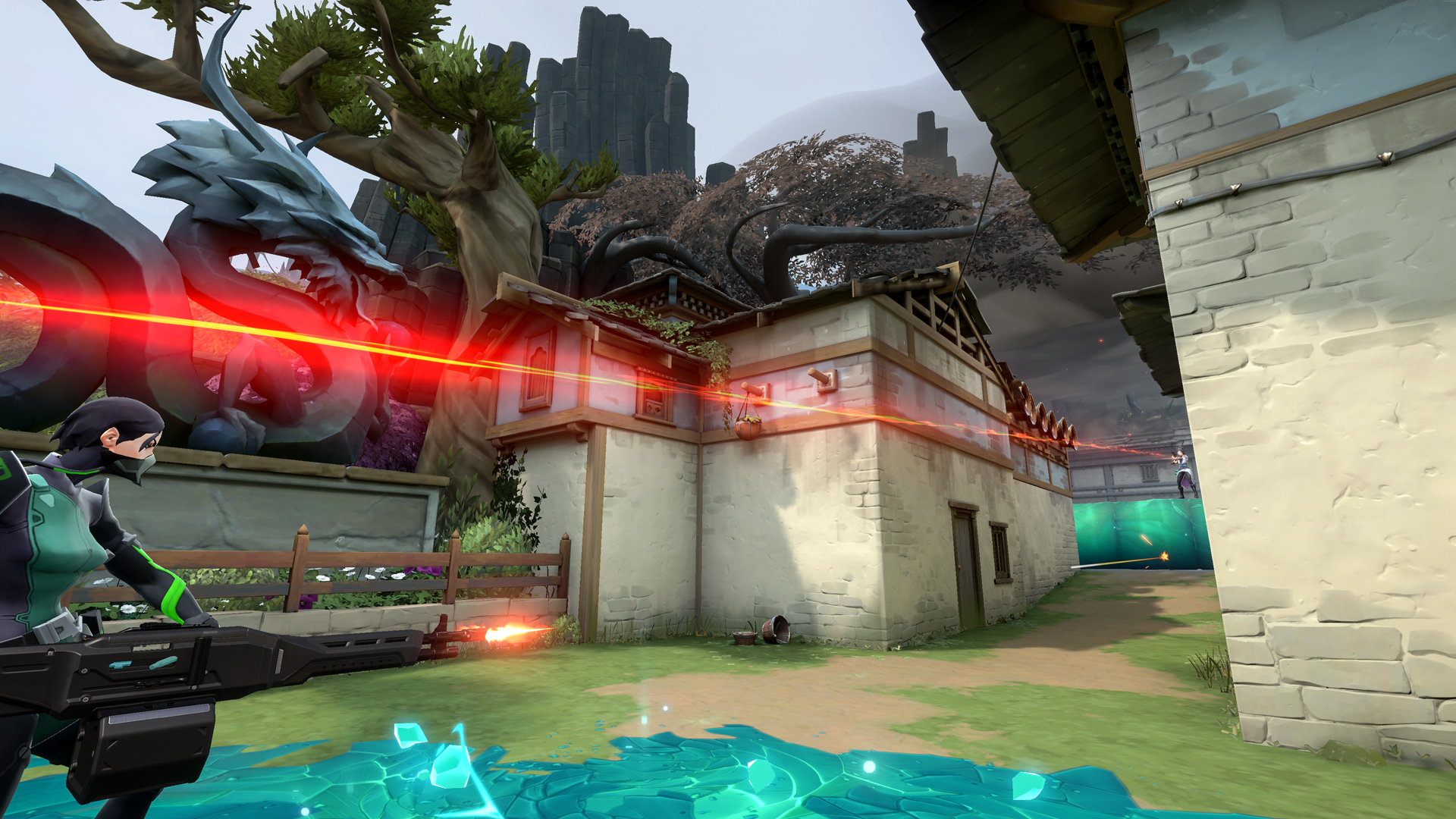
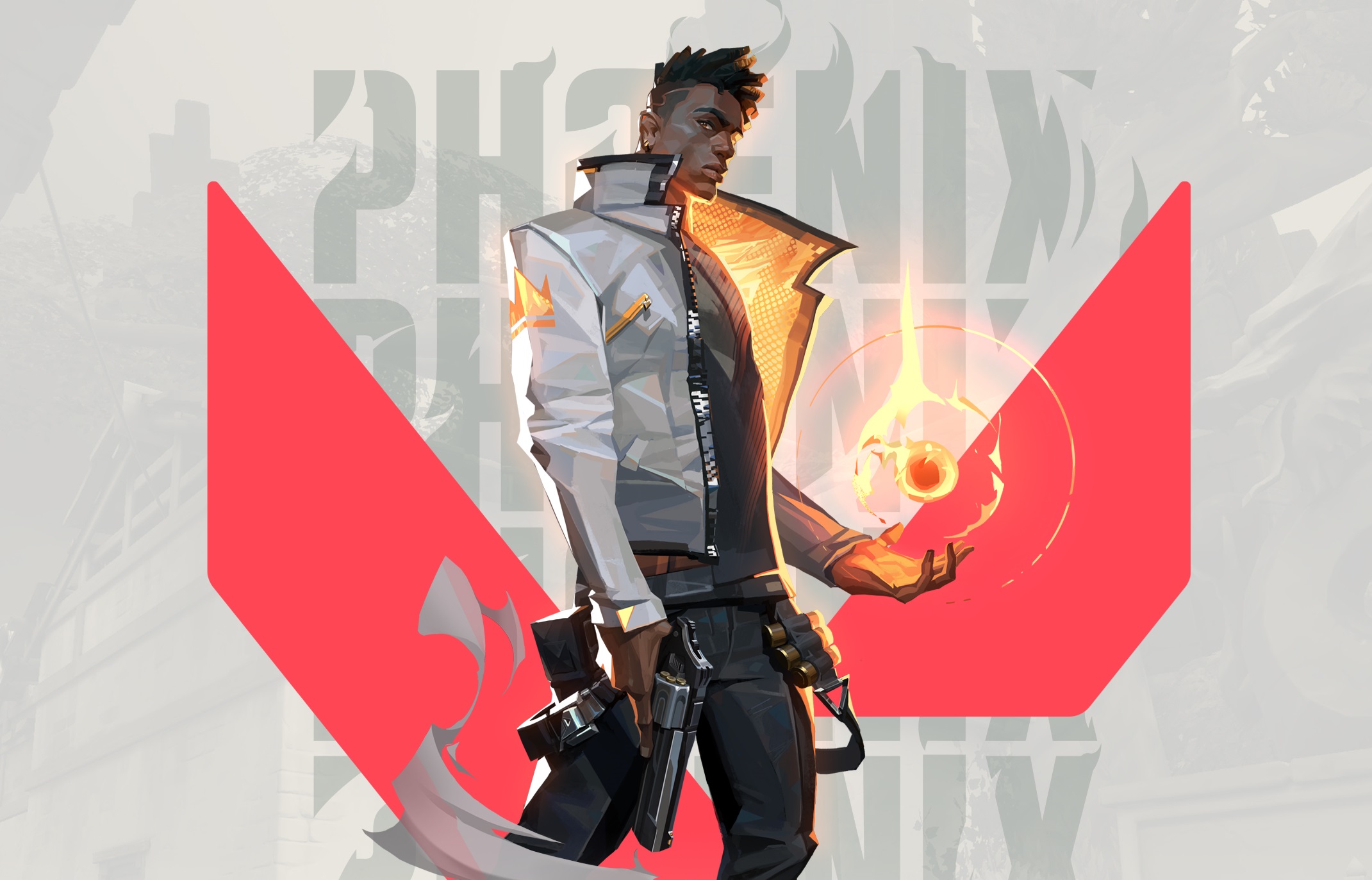
Valorant release date: When will it fully launch?
Valorant characters: All the hero abilities
Valorant ranks: How you'll be progressing
Valorant system requirements: Can you run it?
Valorant error codes: How to solve them
Valorant tips: Get more wins
Valorant beta: How to get in
Valorant guns: Damage, recoil patterns, and more
While Overwatch appears to be lacking the exciting changes needed to retain its top players, Valorant's scooping them up with its familiar design. Corey 'Corey' Nigra stated that he's "leaving to pursue a game that really hit home for me" in Valorant. Previously a member of the Washington Justice OWL team, his Twitlonger post outlines that "seeing Valorant as a hybrid between CS and OW, this looks like the game that was made for me". With Valorant sharing more than a passing resemblance to Overwatch's general aesthetic and feel, it's understandable why pros would feel comfortable switching to it.
Most pros departing the Overwatch scene have made a point of highlighting the fond memories they have of competing in OWL. Since its launch in 2016, Overwatch has received updates in the form of new heroes, maps and modes alongside adjustments to how its competitive mode is structured. That said, these refreshes feel too far and few between and this isn't something I can see Overwatch 2 fixing with its new 'Push' mode. If a game with no esports history holds more promise for some professional Overwatch players than Overwatch does, then Blizzard needs to react and address the situation sooner rather than later if it wants the game's esports scene to thrive. As Riot begins threading Valorant's esports DNA into something more substantial, we could see more players make the jump.
Strapped for cash in CS:GO
Unlike Overwatch, the majority of the CS:GO pros flocking to Valorant are not at the highest level of Counter-Strike esports. Lack of financial support in lower tiers appears to be a huge factor in why some of these players are now interested in pursuing what Valorant has to offer. Jordan 'Zellsis' Montemurro, who recently parted ways with NA team, Swole Patrol, noted that "the current CS scene currently just does not have enough orgs for the lower levels of the scene, or even the promise of support at all" in his TwitLonger post. Montemurro outlined that his team had "been looking for an org to represent us for a while", but had been unsuccessful.
The current CS scene currently just does not have enough orgs for the lower levels of the scene, or even the promise of support at all.
Jordan 'Zellsis' Montemurro
Ryan 'freakazoid' Abadir, announced that he was quitting CS for Valorant on the same day as his Swole Patrol teammate. Abadir's initial announcement was brief, but salaries crept into the online discussion when Evil Geniuses rifler Tarik 'tarik' Celik reacted to the news of more pros leaving the scene. "I think it makes sense for pros w/out salary to try out Valorant…" Celik tweeted. "Everyone knows most CS players have solid mechanics & this is a unique opportunity. Sux 4 the scene, but really no reason to hate on them."
This sparked a more direct response from Abadir who replied that it "isn’t just about salary, but at least a potential of something brotha... have a chance at grinding to make something even if I’m top 30 to at least pay rent".
Similar thoughts about the North American Counter-Strike ecosystem have been echoed by others over the last couple of months. Players invest long hours in training and competing in tournaments, but if they're not able to support themselves on that income, it's understandable that they'd want to try their luck elsewhere. Similar to any sport, the top portion of the league contains teams that consistently perform at the highest level, and there's a significant gap between these players and the next tier down. As you'd expect, this is where the majority of the money is.
I think it makes sense for pros w/out salary to try out Valorant... Everyone knows most CS players have solid mechanics & this is a unique opportunity. Sux 4 the scene, but really no reason to hate on them. Best of luck to anyone trying to switch over.May 11, 2020
Occasionally, others manage to break through, but without proper support these teams can slip through the cracks quickly. Bulgarian team Windigo surprised everyone with their victory at the WESG 2018 Finals, securing a $500,000 prize. However, as reported by HLTV, the team was forced to disband before the prize money was transferred as a result of "cash flow issues". If this can happen to a team capable of winning tournaments, it doesn't bode well for others in a similar position.
Pros in the lower leagues may not reach their lofty goals in CS:GO as the competition is so fierce, but it seems that some believe they can get a good headstart in Valorant by switching early. Just like Overwatch, the similarities that CS:GO and Valorant share grant these players an advantage. Seizing that opportunity could see them placing much higher in Valorant's leagues than they previously were in CS:GO. Without any hard statistics from major tournaments or world rankings to go by, this is all still theoretical and, consequently, a huge gamble.
That could be the case but a lot of these T2 pros help mold upcoming players into worthy prospects. You need stepping stones before playing at the top and this is taking away from that foundation. Anyway, pros and cons.May 11, 2020
Having players bow out at this point may pose a problem down the line for Counter-Strike. Celik has already highlighted the potential damage this could do to CS:GO esports on Twitter: "T2 pros help mold upcoming players into worthy prospects. You need stepping stones before playing at the top and this is taking away from that foundation". Only time will reveal the impact of these losses, as the top tier teams remain largely unaffected by Valorant's presence. It's early days, but I'm unconvinced this will have a negative long-term effect unless more players gravitate to Valorant esports as it begins to gain momentum. CS:GO continues to maintain its popularity and a relatively small pool of players have jumped ship in the grand scheme of things.
Despite the fact that some players have struggled to find their footing with a team, other established organisations are actively trying to nurture new players. Games Academy is a platform where successful CS:GO pros instruct classes to help those looking to break into the scene. Former Counter-Strike player, Danylo 'Zeus' Teslenko is also collaborating with the mayor of Kharkiv on several esports projects, from hosting championships to creating an academy for beginners.
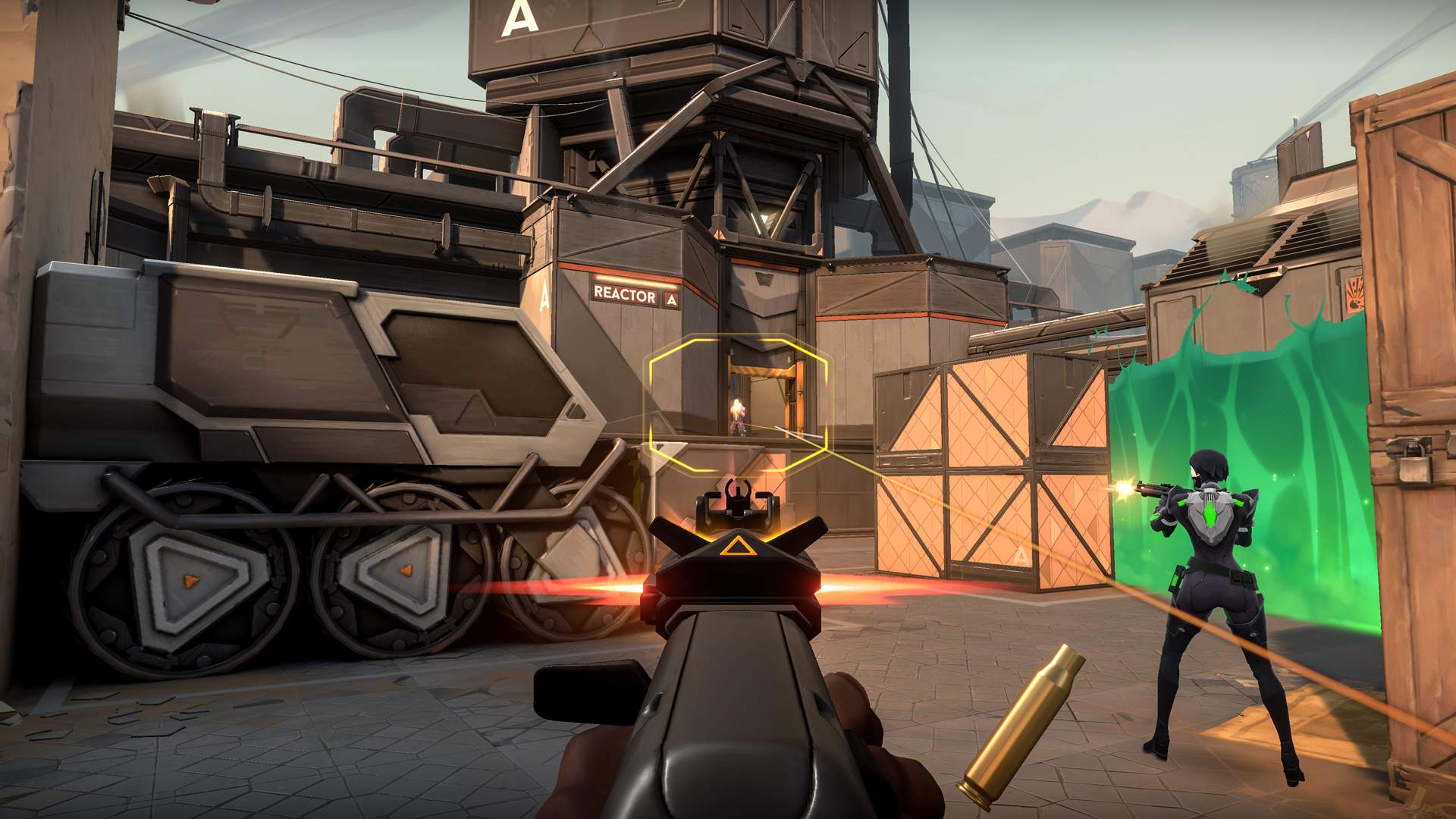
It's difficult to predict exactly how Valorant's esports ecosystem will grow over the next few years, but I think it's fair to assume that it'll have a long tail. Riot has a successful track record constructing a thriving esports platform for their games and Valorant has already received a positive reception throughout its beta. While it seems premature for players to leave the security of the circles they've practically grown up in, it also makes sense to hop into Valorant as early as possible to begin the competitive grind.
Whether its lack of financial support, or diminishing interest in their respective games, the act of professional players leaving Counter-Strike and Overwatch shows that there's always room for improvement. Even in massive, well-established esports spheres. The challenge each scene now faces is how quickly they react to prevent further losses. This sounds quite dramatic at this stage, but if Valorant has the potential to lure pros and spawn competitive teams before its official launch, it has the potential to blossom into a formidable esports entity. Professional players switching focus is hardly a new phenomenon, but as Valorant grows, these players' success stories could be enough to rock other esports' foundations. The cracks have already started to appear.
As PC Gamer's guides writer, Emma is usually juggling several games at once. She loves competitive first-person shooters like CS:GO and Call of Duty, but she always has time for a few rounds of Hearthstone. She's happiest when she's rescuing pugs in Spelunky 2.


